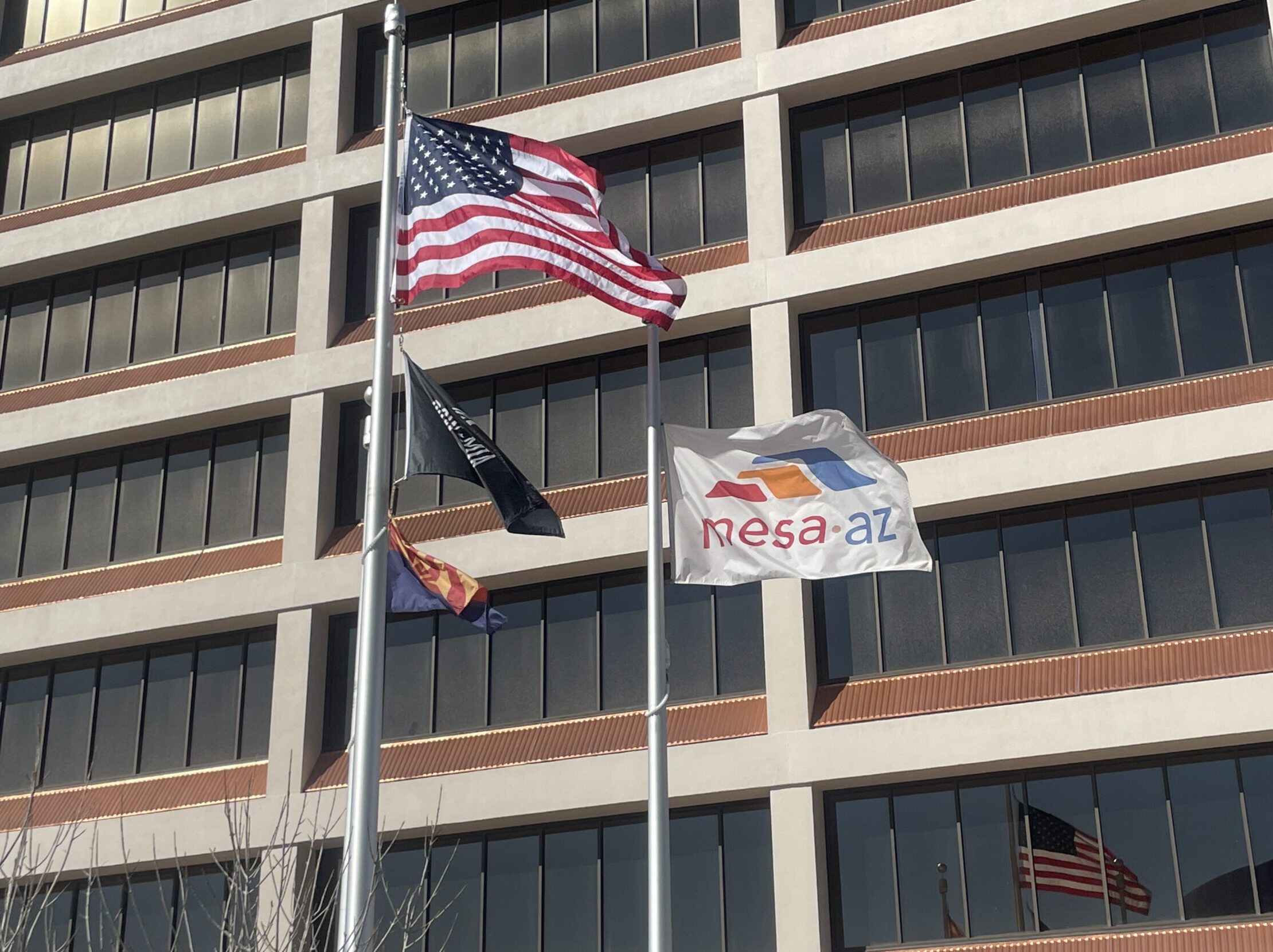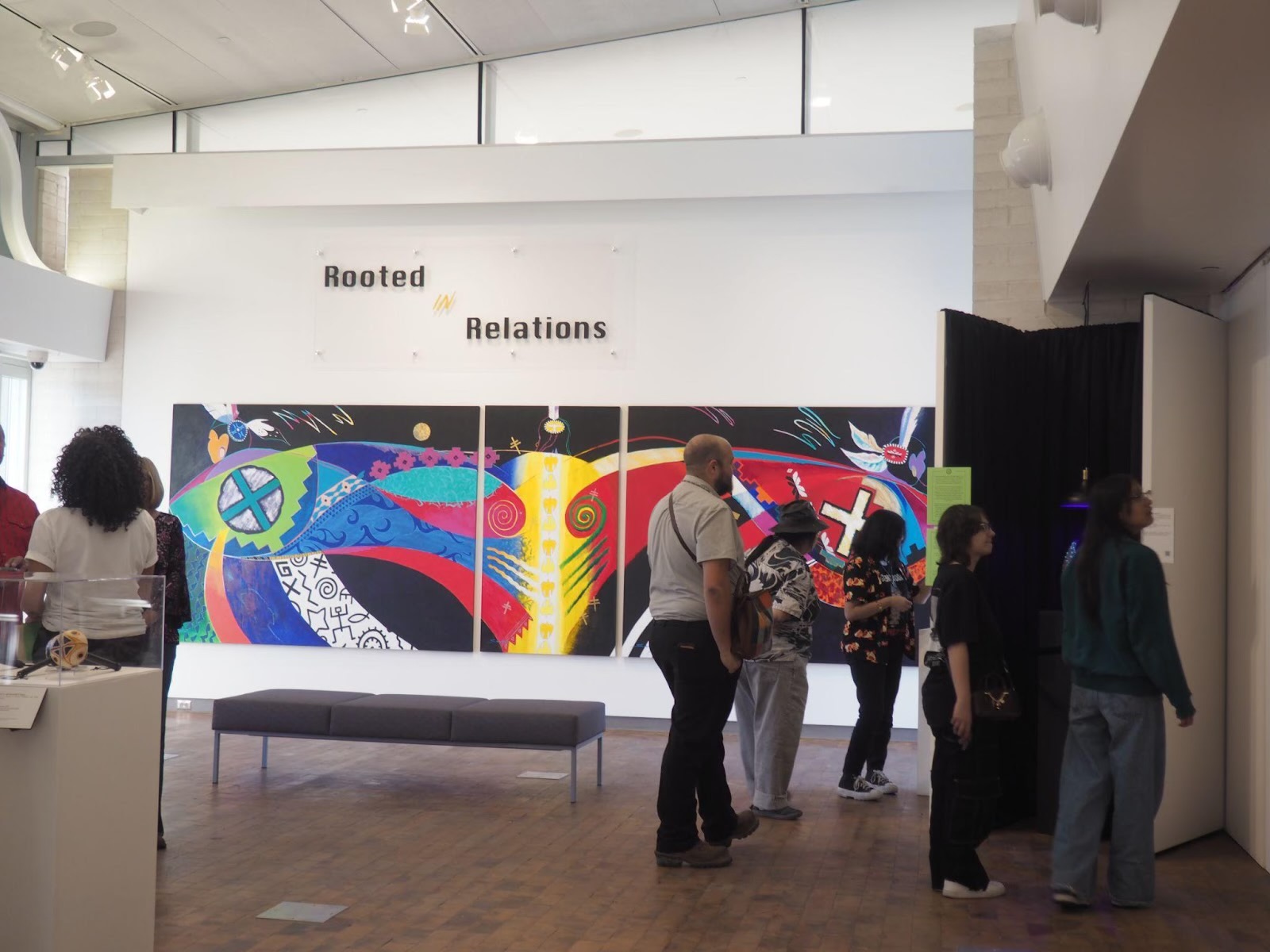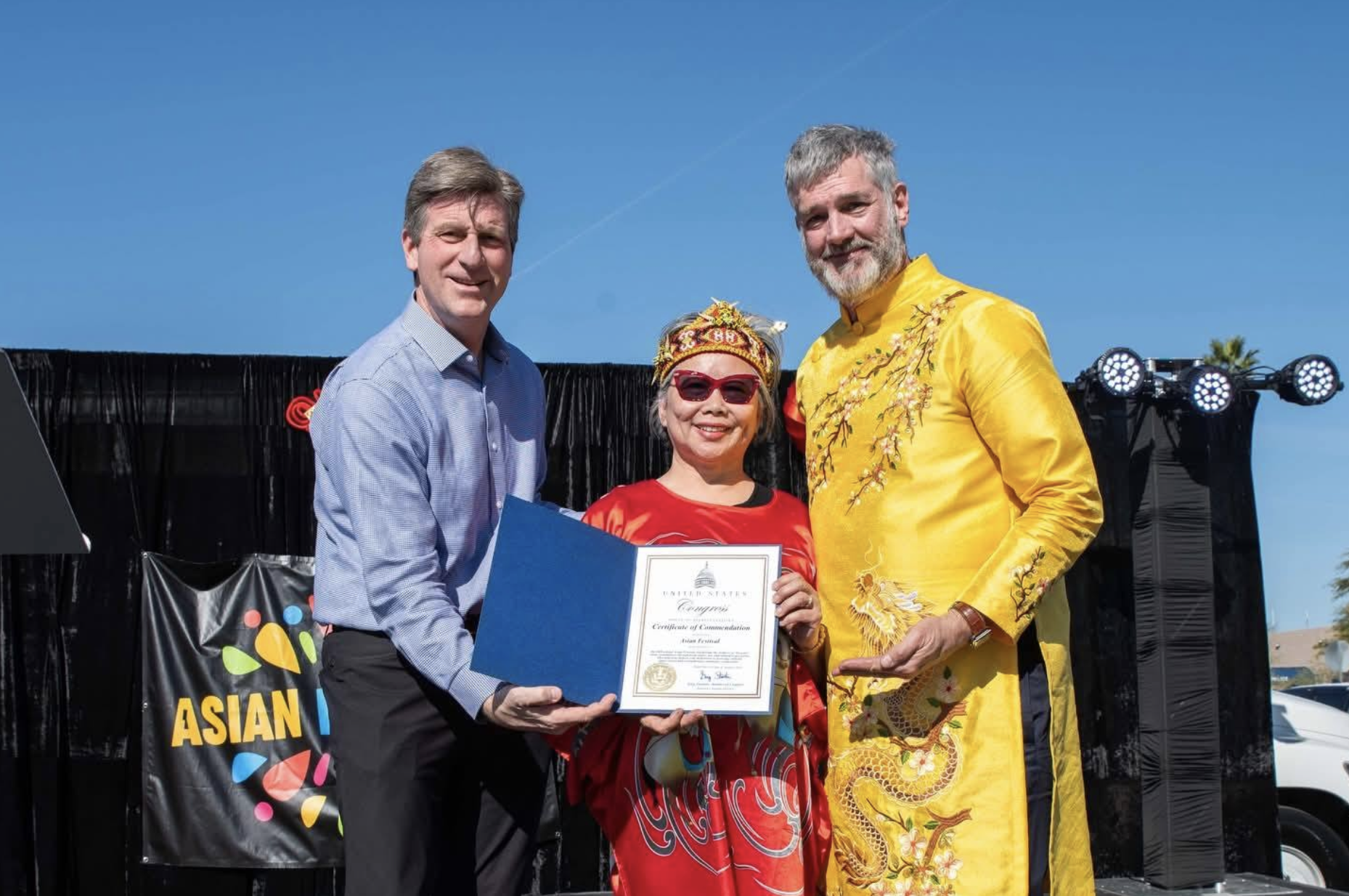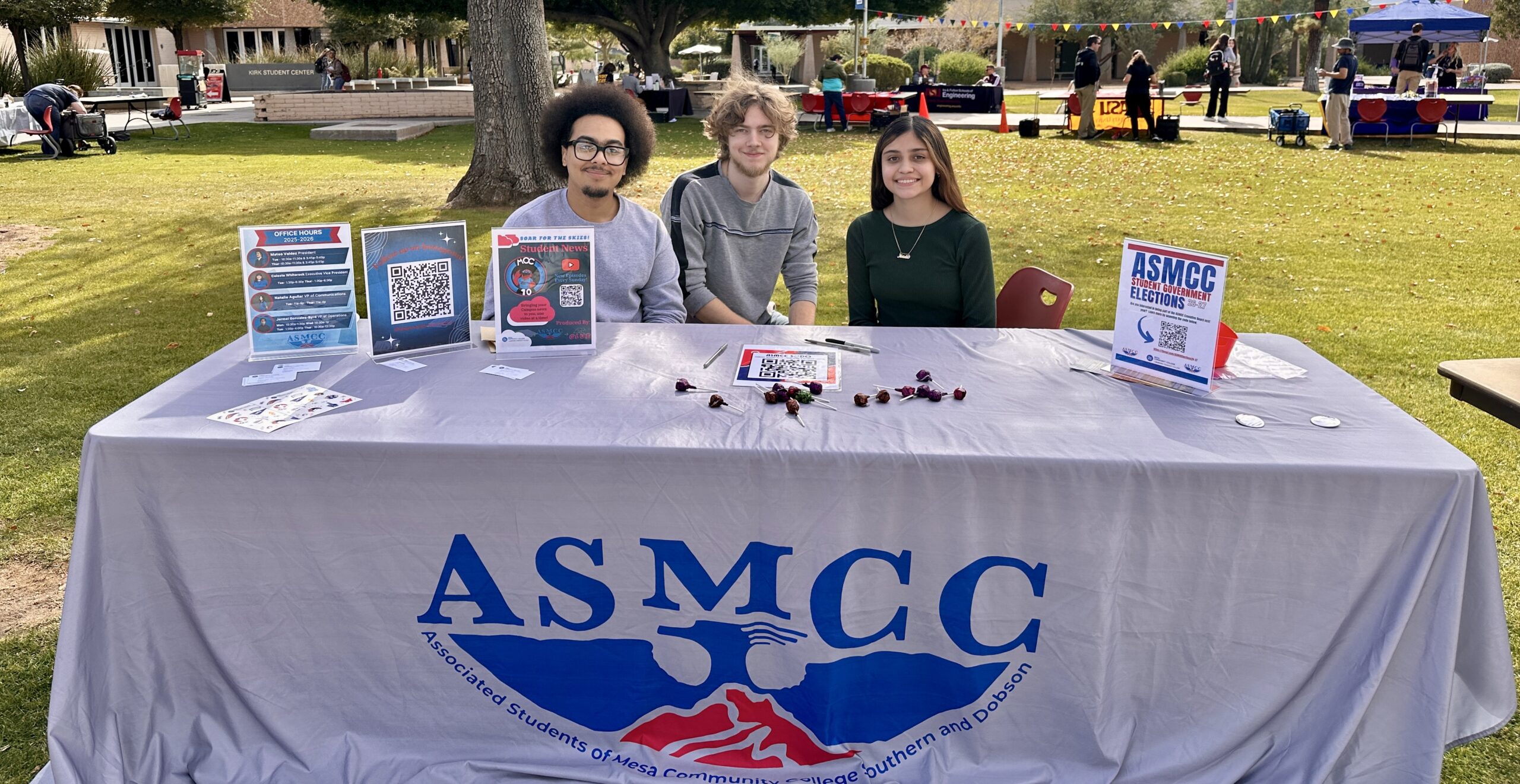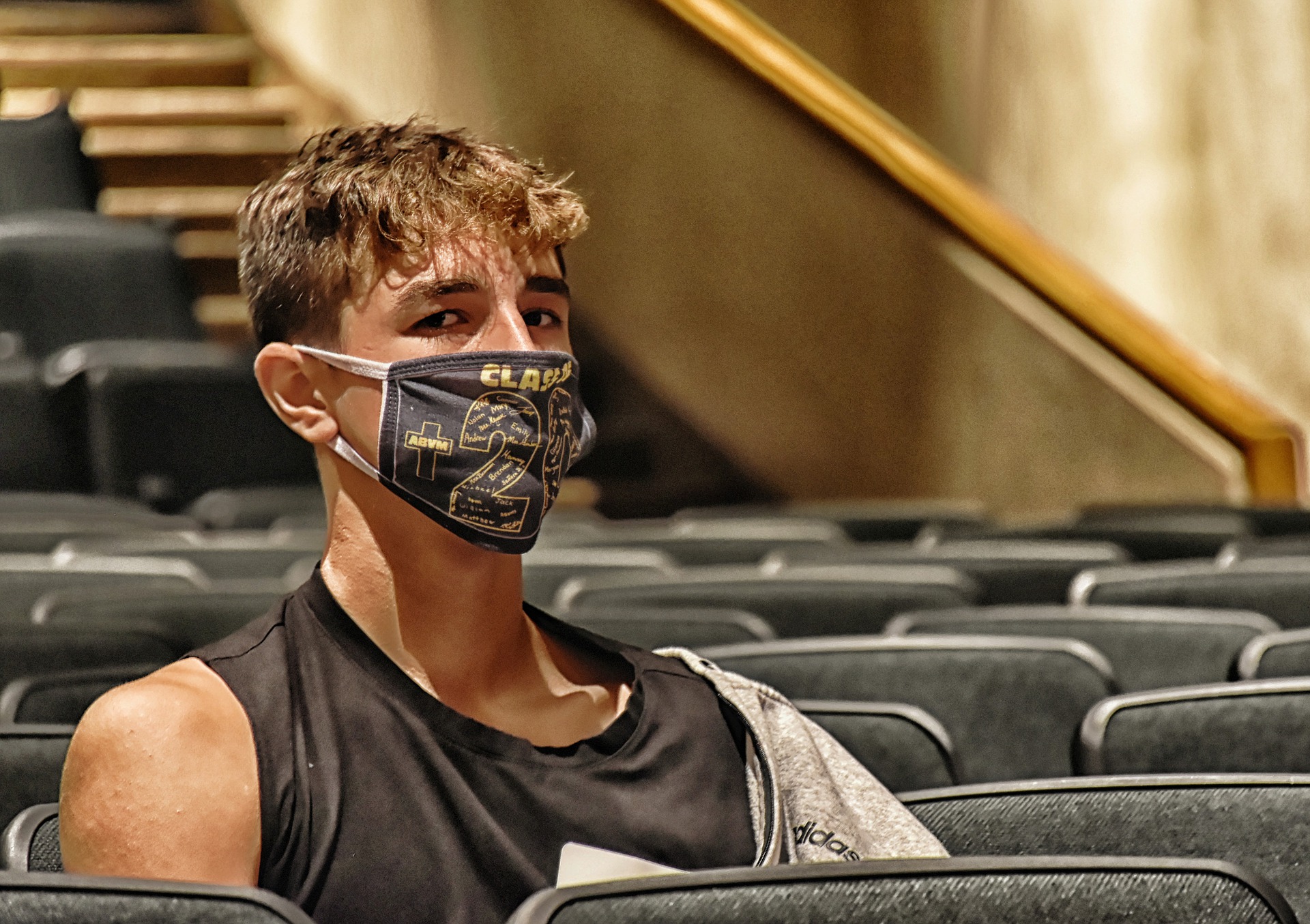ASU’s COVID-19 policy is invasive and poorly implemented
Note: The author has utilized their own personal experience as an Arizona State University student in conjunction with publicly released information to create this article. Situations and opinions of situations described within are derived from the author’s personal experience.
Arizona State University (ASU) is now requiring students and staff to file daily health reports and submit to mandatory randomized testing under their new COVID-19 policy. The measures, rumored to have been implemented from the top-down by ASU President Michael Crow and University Provost Mark Searle, are some of the most frustrating and invasive measures I have ever experienced as a student, and in my opinion, are a shameful attempt to bolster the legitimacy of their new saliva test at the cost of my privacy and liberty.
This conclusion is obvious after witnessing first hand how the university handles those who don’t wish to participate in the daily checks. ASU does not consider this voluntary. Students and staff alike are subjected to subtle and harsh consequences. Calls for exemptions or explanations for why go unanswered, and transparency between students and the organization has never been lower. Despite all this, COVID-19 exposure within the ASU dorms continues to cause concern for both students and staff.
While university officials may argue otherwise, students who are completely off-campus are also forced to participate through an inconsistency in the class registration systems. Specifically, the unwillingness or inability of any university representative to reconcile students who may be online only due to a mixture of both ASU Online and ASU Sync courses.
Choosing to punish instead of persuade, ASU decided there are no exceptions to the rule. If you are registered in any course not labeled ASU Online, then you must submit to testing–even if you don’t plan on coming to campus.
While concerned or frustrated students may contact the help numbers listed on the many emails they receive, none of them can help a student the system determines to be not online-only. While most of these exemption requests go unanswered, those that do are by university negotiators who only recommend you contact the dean of students.This would be fine advice, except, however, the dean of students doesn’t answer either.
Another odd juxtaposition is that students are required to take their mandatory COVID-19 saliva test within two days of receiving the email from ASU, and yet ASU can’t seem to respond to any legitimate inquiry, personal or professional, within the same time frame.
Whether this is due to an overwhelming number of emails from concerned students, lack of available staff to answer student questions or a general unwillingness to answer, I have yet to determine.
While the necessity of mandating testing for hybrid students is not lost on me, what is lost on me is the school’s inability to recognize just how many purely off-campus students they have forced to participate in this incompetent “safety” program.
For example, ASU101 is a mandatory class for all new and transferring students. It introduces you to the social and professional atmospheres of your campus, and because of this, it is only taught in-person or through ASU’s hybrid sync courses.
What does this mean? It means any new or transfering student has no choice but to participate in the daily health checks and submit to randomized testing. It doesn’t matter if you are online only, like a large portion of students, because this one mandatory class means you are forced to submit to these outrageous health inspections.
Moreover, the consequences for not participating in this mandatory system are not minor. Students who choose not to fill out the email form sent out to them every morning are locked out of their online accounts, thus rendering them unable to complete schoolwork. Even worse, faculty who feel confident enough to leave the form blank have their pay frozen.
That’s right. ASU officials have decided students and staff are far too irresponsible to stay home when they are sick or take a test on their own terms. Crow and Searle have decided to give you a time-out if you act out of line.
It appears to me, however, that the real reason ASU students are being mandated to take COVID-19 tests is because ASU is now offering a brand new COVID-19 saliva test, and somebody needs to make the numbers look good.
“The people selected for testing will provide a statistically significant sample of the ASU community, as recommended by epidemiologists, which provides an up-to-date picture of what is happening with the virus,” read Provost Searle’s email on mandated testing sent out to all ASU students. “This testing protocol will enhance ASU’s ability to manage COVID-19 and mitigate potential spread.”
I am one of those students. My data is being used to help “manage and mitigate potential spread,” and you know what? I don’t like it. And I think they should have chosen someone else.
What right does ASU have to take my health into their hands? I am perfectly capable of that responsibility. What right does ASU have to try and keep me safe? I am here to learn, not to be safe. What right does ASU have to know where I am and how I am feeling every day? My mother doesn’t even get to know that.
I cannot understand how these simple questions were not answered at the administrative level before all of this nonsense began. It is as if ASU is trying to sell itself as a childcare facility rather than a university.
I purposefully signed up for online only classes due to logistical restraints amid the pandemic. I purposefully distanced myself and wore a mask when out in public. I never wanted to attend in-person classes this fall because I knew it would be both dangerous and filled with annoying and imposing safety measures.
Yet this wasn’t enough for ASU’s leadership. No, they have decided they know better. They decided it wasn’t enough to choose not to participate. No, me and others must be forced to be part of the solution.
If I would have known I would be used as a data point, ignored both personally and professionally, and forced into medical examination against my will, I would have never come to ASU. I would have taken myself to some other campus where the people who were robbing me blind at least had the decency to leave me the hell alone after financial aid had been processed.
